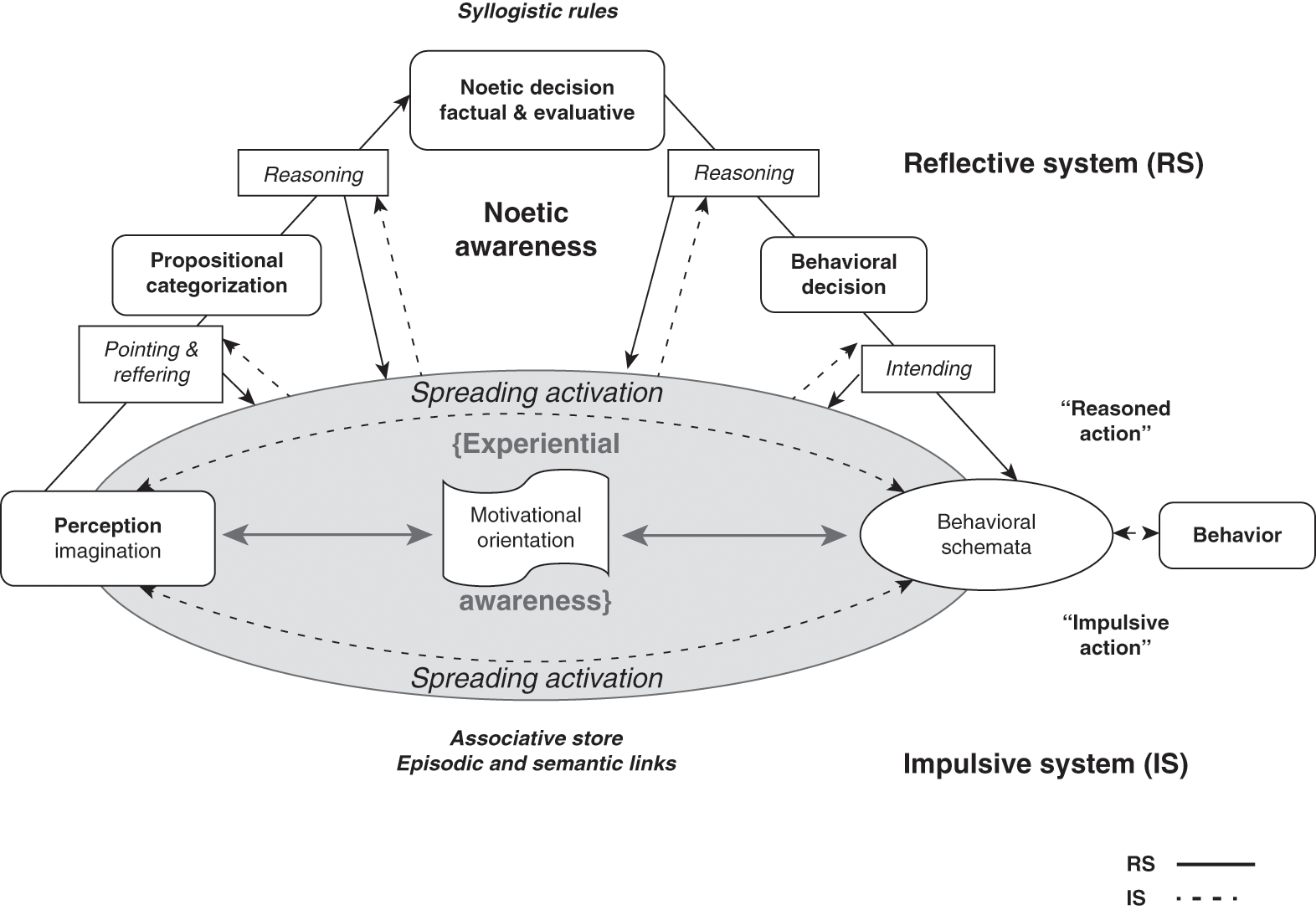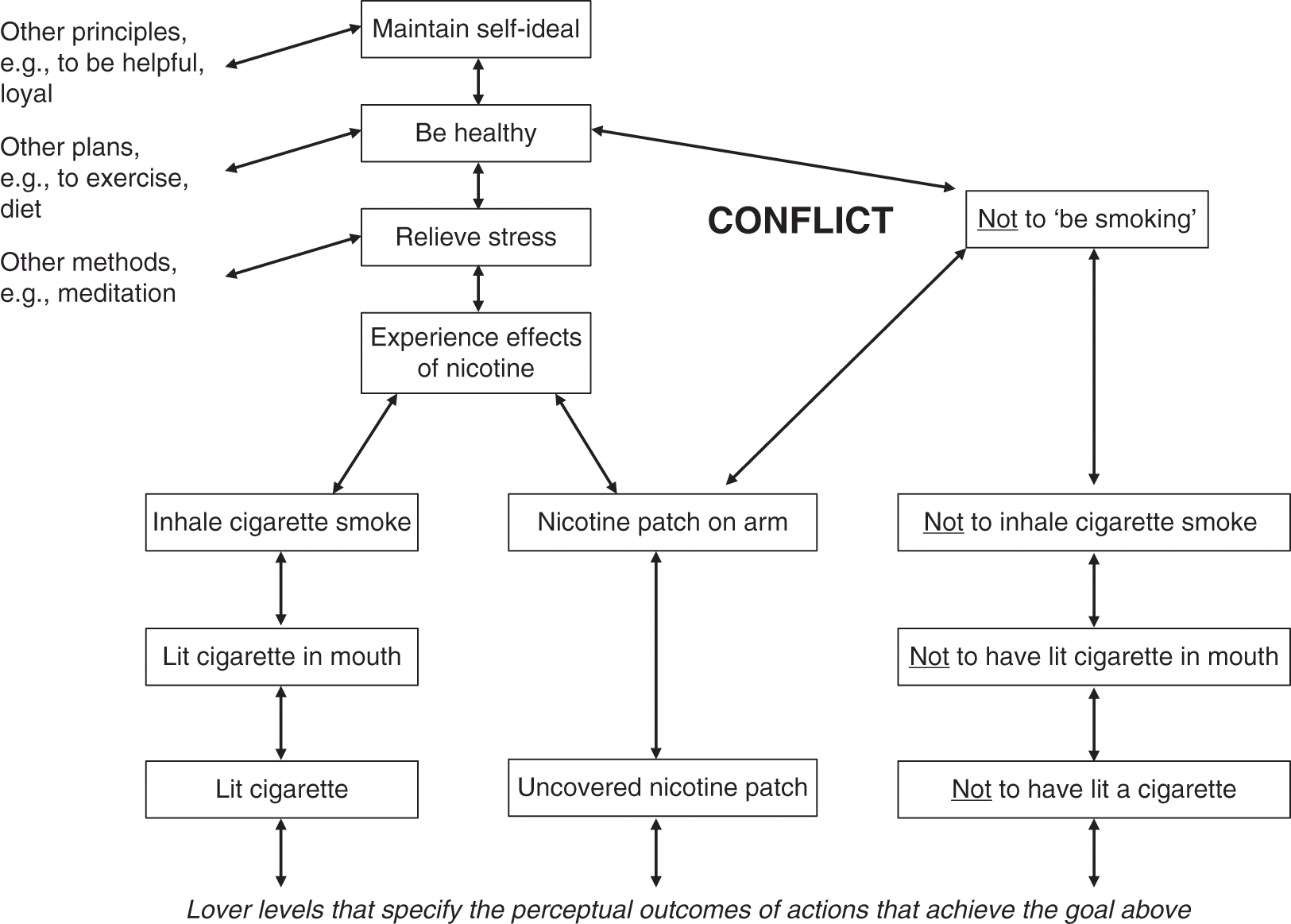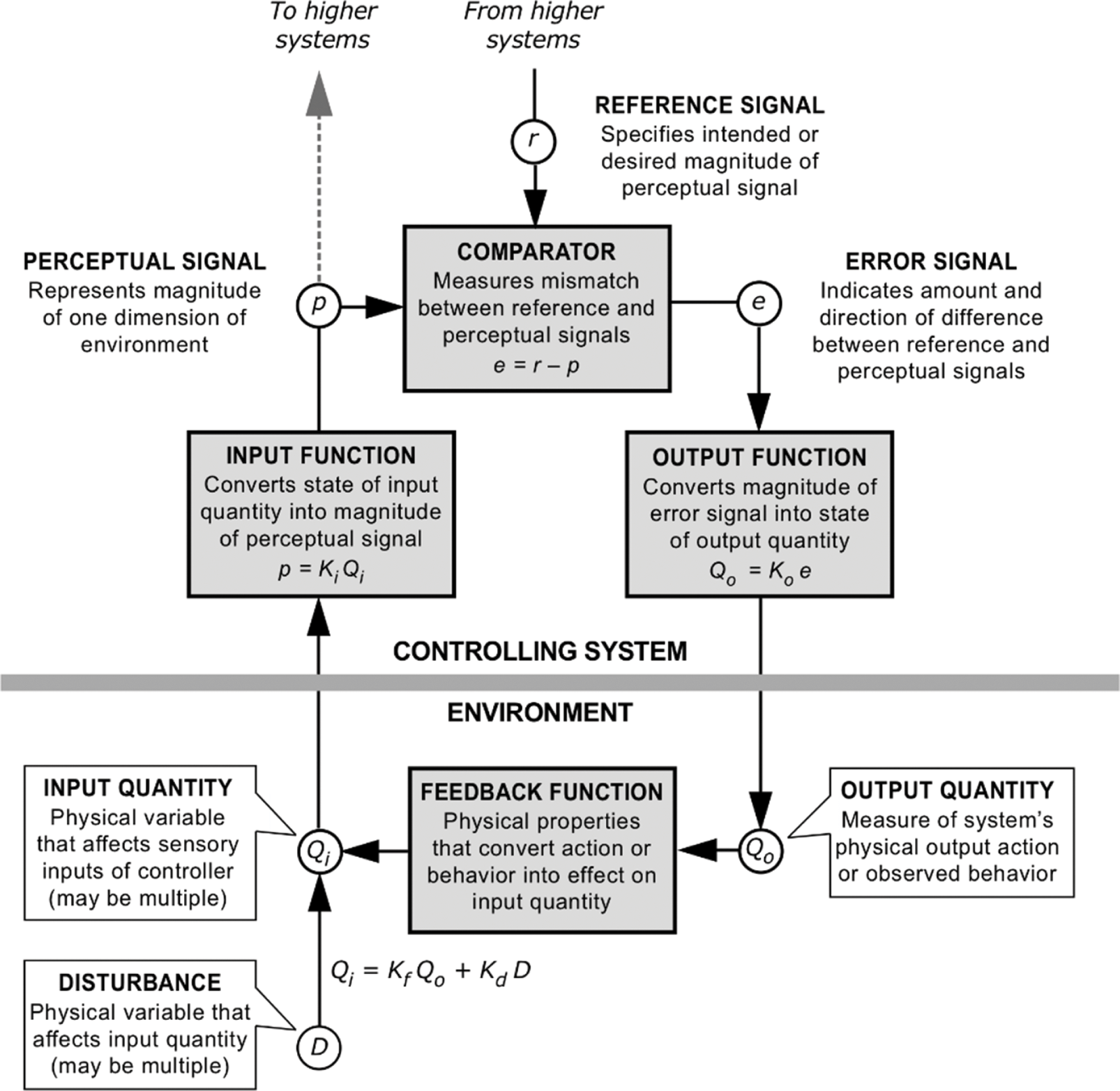The Paradoxical Theory of Behavior Change Suggests
We change by setting future-oriented goals. This theory which has become the foundation of practice at the Gestalt.

Changing Behavior Using The Reflective Impulsive Model Chapter 12 The Handbook Of Behavior Change
This theory which has become the foundation of practice at the Gestalt Institute of Cleveland flows from the primary premise that meaning manifests through.

. That change occurs when one becomes what. Careful attention should devoted to changing behavior in the moment it is happening. The paradoxical theory of behavior change suggests.
It is proposed that characterological continuity is most likely to emerge during periods of social discontinuity. Thus in contrast to Shao et al. The paradoxical theory of change states that change occurs when we become what we are not when we try to become what we are not.
C careful attention should devoted to changing behavior in the moment it is happening. In other words we cant truly change until we accept who we already are. This article explores ways in which Beissers theory can be used to orient and guide the.
In 1970 Arnold Biesser MD named these processes implicit to gestalt theory as the paradoxical theory of change. This is an essential tenet for any change manager to keep in mind. A persons belief about what others believe about.
I will call it the paradoxical theory of change for reasons that shall become obvious. A paradoxical theory of personality coherence. Subsequently the paradoxical theory of change has become the foundation of theory at the Gestalt Institute of Cleveland.
Organismic growth is what happens when we make full contact with our experience. Intention is determined by an individuals. The paradoxical theory of behavior change suggests.
The paradoxical theory of behavior change suggests. 2015 Kearney et al. Arnold Beissers paradoxical theory of change has had a pro-found impact on the practice of Gestalt therapy.
Do not conceive and measure paradoxical leader dimensions as a unified construct ie paradoxical behavior contained within a scale. The Paradox Of Change When youre trying to improve your life the process almost always includes modifying your behaviors. D we change through becoming aware of who we currently are.
Theory of Planned Behavior567 the theory of planned behavior figure 2 suggests that behavior is dependent on ones intention to perform the behavior. Change is an organic process that takes place as a side-effect of organismic growth. Accordingly the authors put them together conceptually as a form of paradoxical leader behavior.
The paradox of this behavioral modification is that to be successful youve got to have the underlying determination that youre going to be successful over the long-term in either reducing the frequency of certain. Presents a paradoxical theory of personality coherence and the effect of environmental change on continuity of individual differences. Empirical support for Gestalt therapy is.
We change by setting future-oriented goals. Clients should pay particular. Clients should pay particular attention to becoming the person they wish to be.
Recognize environmental constraints that might deter behavior change. The notion of becoming what is rather than trying to force a change applies equally well at other levels of systems. B clients should pay particular attention to becoming the person they wish to be.
Discussion delineates the circumstances wherein personality differences are. A persons beliefs about a behavior attitudes 2. In contrast to earlier approaches such as the contingency theory paradox theory suggests that high sustainable performance originates not from selecting one element but from the ability to.
A Gestalt Theory of Change Herb Stevenson November 7 2011 Underlying the application of Gestalt theory to organization development consulting andor coaching is an approach that Arnold Biesser MD characterized in 1970 as the paradoxical theory of change. Keep from feeling uncomfortable emotions and keep from having to change. Careful attention should devoted to changing behavior in the moment it is happening.
A we change by setting future-oriented goals. Change is facilitated when we accept our mortality. We change through becoming aware of who we currently are.
286 The motivation for initiating and maintaining behavior change exists on a continuum from amotivation to extrinsic external pressure introjected internal pressureguiltshame identified feels usefulimportant internalized aligns with deeply held. 2019 and Zhang et al. Instead they take different.
In effect research has shown that success can promote a defensive mind-set Amason and Mooney 2008 and theory development is not immune to this path dependence Scott 2008. Question 1 1 out of 1 points The paradoxical theory of behavior change suggests. Lineage of paradoxical theories.
Underlying the application of Gestalt theory to organization development consulting andor coaching is an approach that Arnold Biesser MD characterized in 1970 as the paradoxical theory of change. Self-determination theory suggests motivation is derived from competence relatedness and autonomy. Simply put the paradoxical theory of change states that the more you try to be something youre not the more youll stay right where you are.
Paradox theory suggests that defensiveness and inertia can arise from the ways that organizational actors manage tensions. Briefly stated it is this. Behavior change theory Behavior change theory suggests that there are three significant factors to consider when investigating the likelihood that a person will perform a behavior intention to perform.
A principal wants to make this years Halloween night dance safer because of vandalism and inappropriate behavior in the gym last year. It suggests that you are not going to truly change anyone through coercion but only by taking the time and effort to allow them to be understand and accept who or what they truly. According to attribution theory the purpose of this paper is to examine the relationship between paradoxical leadership and employees compulsory organizational citizenship behavior research the mediating and moderating effects of work pressure perception and leadership member exchange differentiation.
This article provides an understanding of the theoretical concepts that underpin Gestalt OD theory. She decides to. Change occurs when one becomes what he is not when he tries to become what he is not Beisser 1970.
Gestalts theory of change is known as the paradoxical theory of change because it is based on the apparently paradoxical premise that people change by becoming more fully themselves not by trying to make themselves be something or someone they are not.

Paradoxical Change And Getting Unstuck Org Hacking

Changing Behavior Using Control Theory Chapter 9 The Handbook Of Behavior Change

Changing Behavior Using Control Theory Chapter 9 The Handbook Of Behavior Change
Comments
Post a Comment